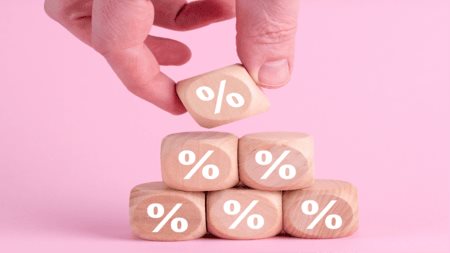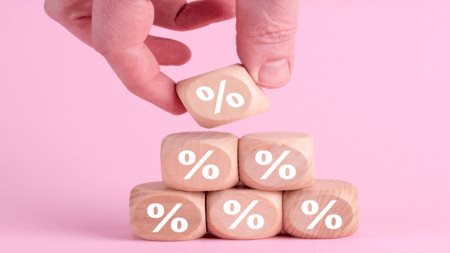Watch the video - http://money.ninemsn.com.au/article.aspx?id=875432
Go to www.ipsinvest.com for more opportunities in Australia.
By Emma Thelwell, ninemsn Money
Property prices across Australia are expected to grow by as much as 23 percent over the next three years, as upgraders and investors pile back
into the market.
Low interest rates and a shortage of affordable housing, coupled with growth in rental rates, will continue to drive up house
prices - despite the threat of higher borrowing costs, according to the QBE Lenders' Mortgage Insurance (QBE LMI) Housing Outlook 2010-2012.
Adelaide, where property is the most affordable, is expected to see the strongest price gains, clocking a 23 percent rise over the next
three years.
Meanwhile, housing shortages in Sydney and Melbourne should drive growth of 21 percent and 19 percent respectively, LMI predicts.
Recent strong growth in Darwin will be tempered by the weakness in the resources sector, although homes should still enjoy price surges
of up to 17 percent.
Price growth in Brisbane and Hobart is expected to be dampened by risks to the local economy, with property in both cities seen rising in value
by 15 percent.
Perth is expected to continue to suffer as the mining sector slows, and the stalling job market could hit Canberra, leading to more modest property price rises of just 12 percent over the next three years in both cities.
Ian Graham, chief executive of QBE LMI said the outlook was particularly good for first home buyers who have recently joined the housing ladder, and should also lure more investors back to the market.
"The surge in first home buyer demand is now slowly permeating through to greater demand from upgraders who are trading over to their next dwelling after selling to the buoyant first home buyer market," he said.
"The strong rental environment and stabilisation of prices is also beginning to attract investors back into the market."
Activity from both groups should pick up over the remaining months of 2009, said Mr Graham, propelling demand next year and picking up the slack in first time buyer demand after the First Home Owner Grant ends in December.
While low interest rates have helped the property market back to its feet after heavy losses last year, Mr Graham warned that a fragile economy and the continued high cost of borrowing will limit short term price gains.
Prices are not expected to pick up speed until the latter half of 2010, looking ahead to 2011 and 2012.
Plus, the danger remains that as the RBA looks to raise interest rates in coming months, the banks will push up their mortgage rates accordingly.
The gap between the variable mortgage rate and the cash rate has widened from an average 1.8 percent in June 2007 to a current 2.85 percent, according to LMI.
While interest rates are expected to hover around 3.5 percent in 2010, Mr Graham warned that banks may hike their rates further in an effort to protect their profit margins as the costs remain tight.
"The possibility still exists that banks could raise their housing variable rate independently of any increase in the cash rate by the RBA prior to this, reflecting the increased cost of external funding and the need to maintain their margins," he said.
The number of first time buyers is expected to drop back from an all time high of 200,000 in 2009, to 150,000 next year, as borrowing costs and house prices climb.
LMI expects interest rates – currently set at 3.25 percent - to rise from 3.5 percent in June 2010 to 4.25 percent by June 2011, before settling at 5 percent by June 2012.
The variable mortgage rate will rise accordingly, from 6.3 percent in June 2010 to 7.45 percent by June 2012, LMI predicts.
"There is a risk that housing stress will be experienced by this group when interest rates eventually rise", Mr Graham warned.
While first time buyer demand will drop back, a "clear recovery" is beginning to emerge in lending to upgraders and investors, Mr Graham said.
"Which is likely to continue to gather momentum in the coming months, and take up the baton as the main drivers of demand once the First Home Owners' Grant expires at the end of 2009."
Go to www.ipsinvest.com for more opportunities in Australia.


